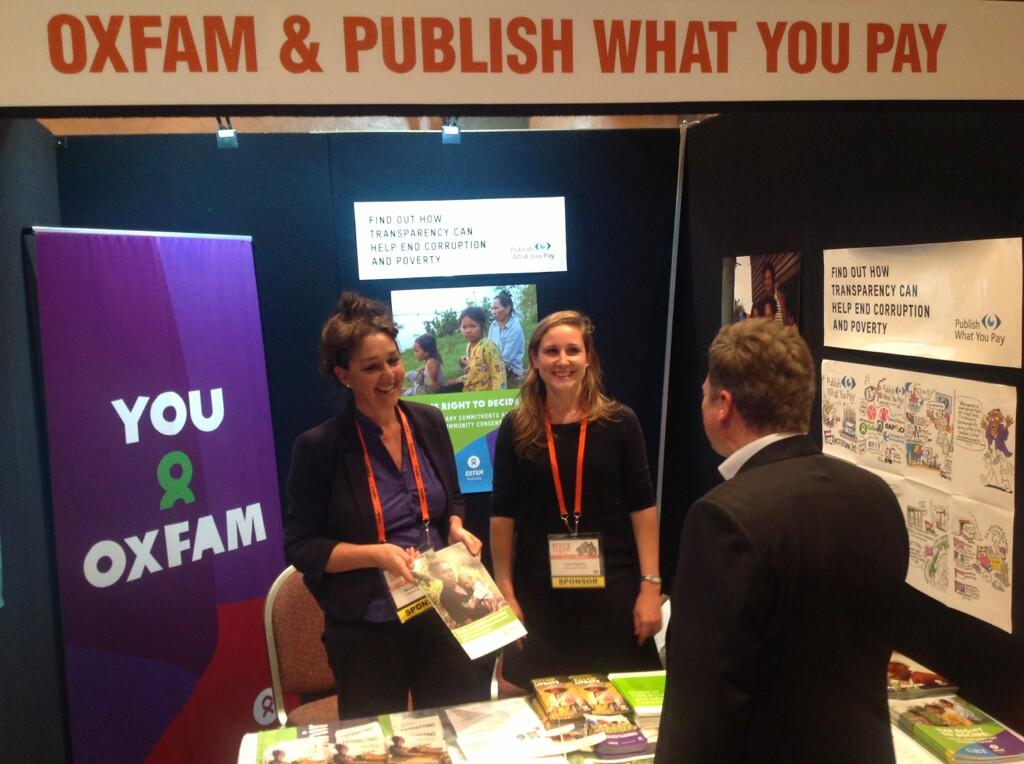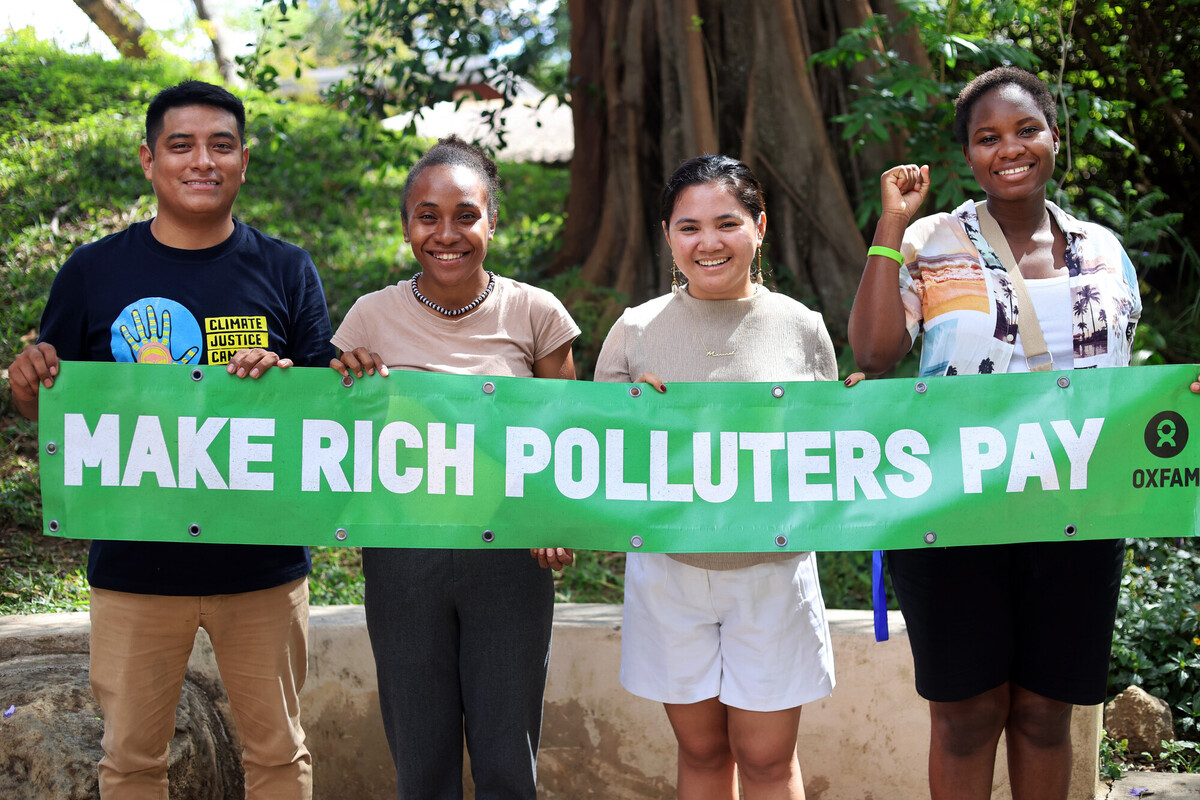I have just returned from a week at Africa Down Under in Perth. The joint was jumping with mining and agriculture ministers from South Africa, Liberia, the DRC, Zambia, Mozambique Ghana and more. Add in the CEO’s of some of Australia’s most active mining companies in Africa, agricultural academics, and the scene was set to tackle the question of mining, agriculture and development.
The underlying assumption was that mining was good for Africa’s development and when combined with investment in agriculture and infrastructure, all the ingredients where there to cook up an answer to poverty. Mining and agricultural linkages are the future, it was suggested.
But not all the mining companies agreed. The CEO of Resolute Mining, one of the largest gold producers listed on the ASX—active in Tanzania, Mali, Ghana and Burkina Faso—advised that expectations on companies to ‘do it all’ were getting out of hand. “We are not an arm of the government, a charity or an aid organisation”.
I agree, first and foremost mining companies need to stick to their core business—mining—and do that to the highest standards, making sure communities are not adversely affected and their livelihoods and culture remain intact.
There is growing tension in natural resource management. Access to, and use of land, is the hot issue. In Mozambique for example, a country rich in coal and gas, the extractives sector is competing for agricultural land. In Tete province, known as the ‘land of the goat’, already 70% of land is under mining concession, and access to land for small scale farmers, and their goats, is all but lost.
At the outset of discussions in Perth, it was suggested that mining uses less land than the agriculture sector, and has less impact. That may be the case, but when thousands of people are resettled to make way for a mine, and moved to locations that are infertile and have insufficient water, as has happened in Mozambique, the idea of mining and agriculture coexisting is superseded by threats to food security and loss of livelihoods for subsistence farmers.
Africa has enormous resource wealth, the top 10 in the world for many commodities, but clearly more needs to be done to ensure communities get the full benefit of their finite resources. A dependence on minerals will not be enough, but linking mining to agriculture to foster sustainable development is no guarantee either.
Africa needs to develop mineral management systems and strong institutions if it is to benefit and develop from its natural resources. Taxes need to be paid, and spent in the communities where mining takes place and essential services delivered.
Florence Chenoweth, Liberian Agriculture Minister, outlined the reality: “in my country, mining companies come, dig a big hole and leave, the rest is all talk”.
By Serena Lillywhite – Oxfam Australia’s Mining Advocacy Adviser



